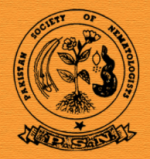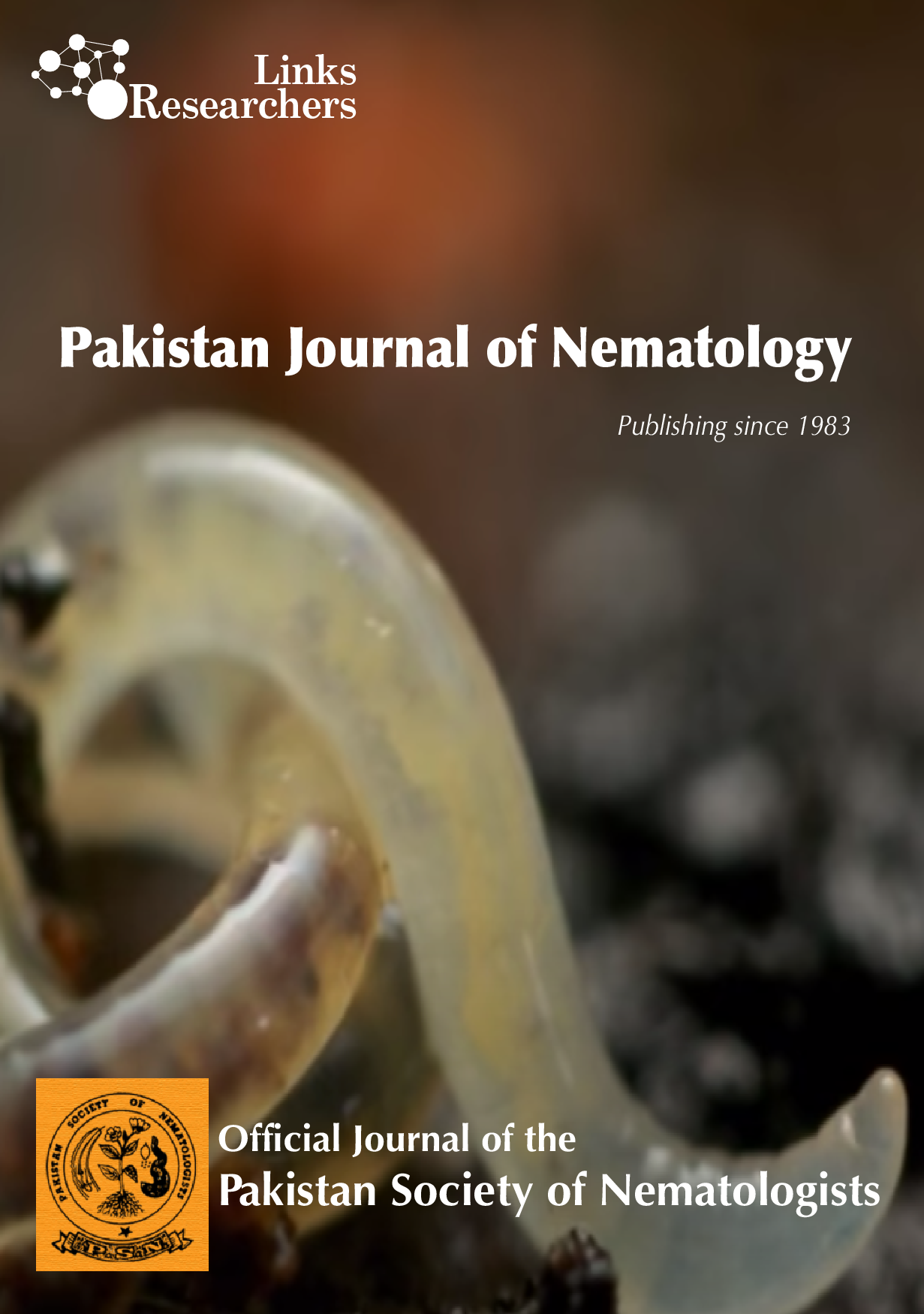PERFORMANCE OF PESTICIDE AND BIOPESTICIDE ON GROWTH, YIELD AND FORSKOLIN CONTENT IN COLEUS FORSKOHLII INFECTED WITH MELOIDOGYNE INCOGNITA
PERFORMANCE OF PESTICIDE AND BIOPESTICIDE ON GROWTH, YIELD AND FORSKOLIN CONTENT IN COLEUS FORSKOHLII INFECTED WITH MELOIDOGYNE INCOGNITA
B. K. Goswami, C. Bhattacharya, R. Paul and T. A. Khan
ABSTRACT
A microplot experiment was carried out for assessing the performance of fungal biological control agents and chemical pesticides/nematicides on growth, yield and forskolin content in root-knot nematode infected Coleus plants. Among the tested treatments, Trichoderma viride, Paecilomyces lilacinus, Glomus fasciculatum and neem oil seed cake treated plants exhibited significantly outstanding performance on growth and reduced disease incidence as compared to the ones treated with chemical pesticides and other treatments including control. Forskohlii content of biopesticides, T. viride, P. lilacinus and biofertilizers, G. fasciculatum and neem oil seed cake was estimated much higher against each of the chemical pesticide treated plants. However, both the biopesticides (T. viride and P. lilacinus) and biofertilizers (G. fasciculatum and neem oil seed cake) were statistically at par, particularly, in respect to forskolin content.
To share on other social networks, click on any share button. What are these?





